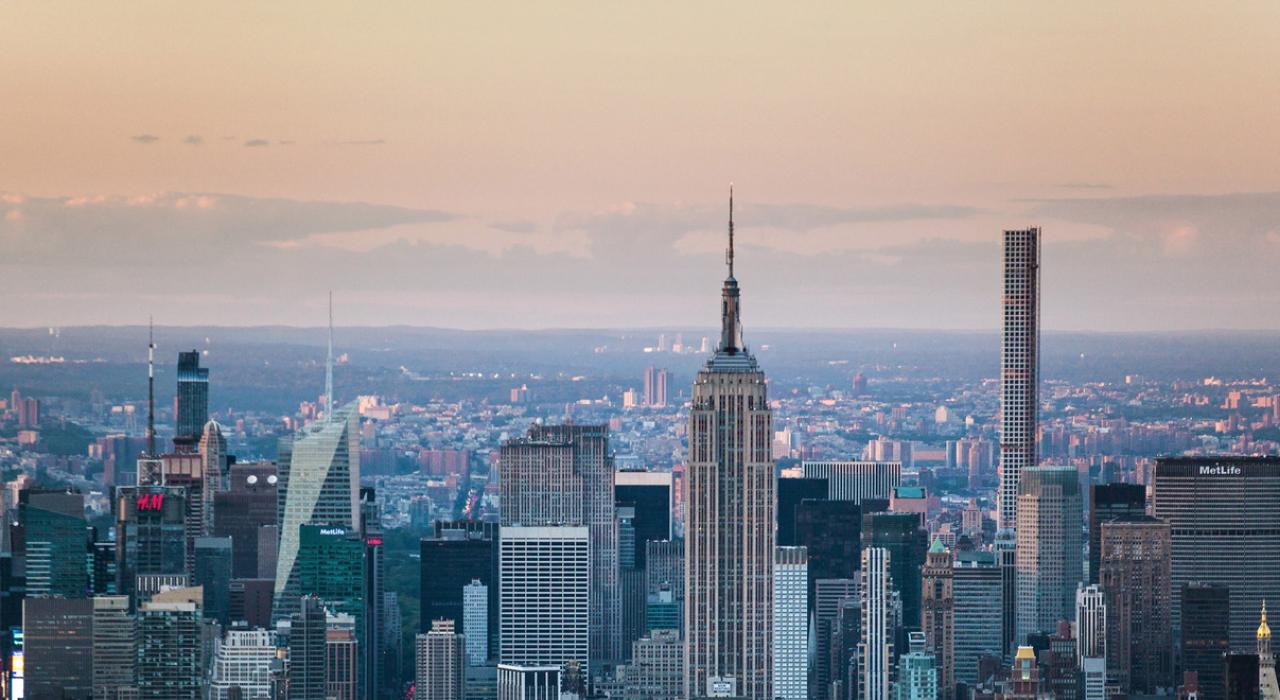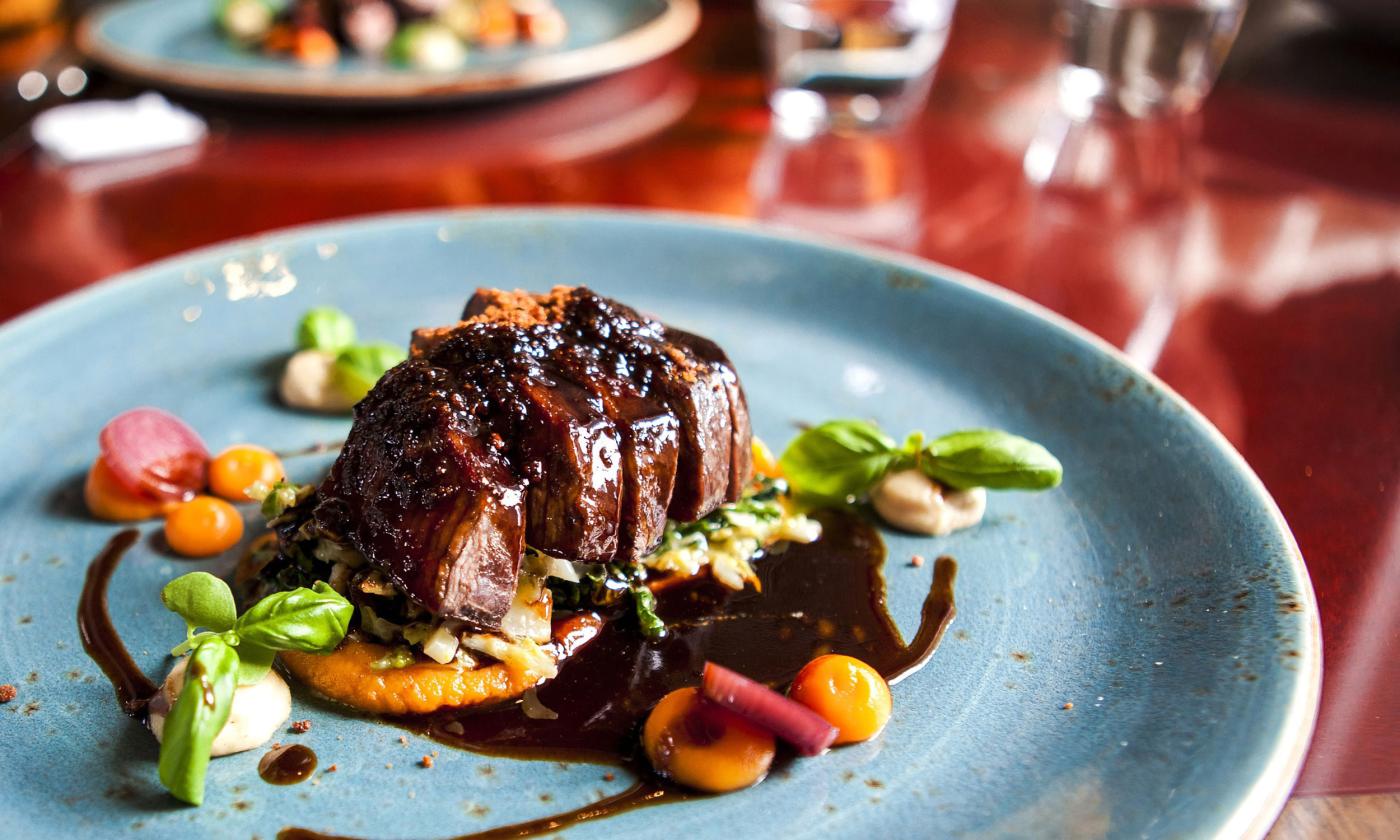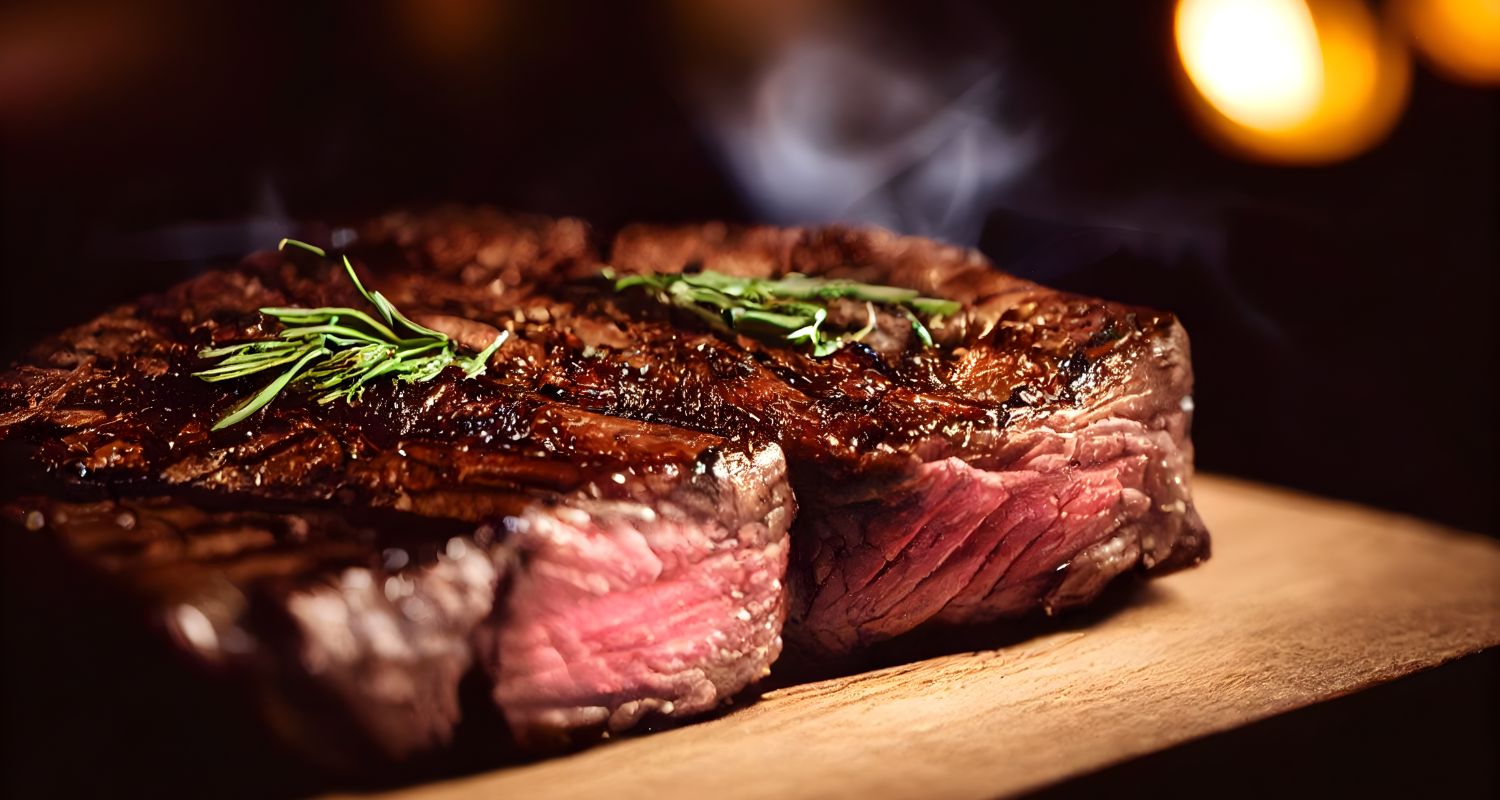North America’s Bold Tastes: Why Cities Like New York, Chicago, and Mexico City Define Modern Dining

North America’s dining scene in 2025 is bold, diverse, and unafraid of reinvention.
From skyscraper rooftops in New York to the vibrant streets of Mexico City and the experimental kitchens of Chicago,
*The World’s 100 Best* reveals a continent in culinary flux.
Modern dining here is no longer about replicating European heritage, but about forging new narratives rooted in identity,
immigrant influence, and fearless innovation.
New York remains the beating heart of North America’s dining landscape. Its recognition in
The 100 Best is owed to its ability to be both local and global at once.
“In New York, to dine is to participate in a living dialogue with the world.”
If New York is theatre, Chicago is laboratory. Long recognized for its experimental spirit,
the city has forged a reputation as one of the world’s true innovation hubs.
“Chicago proves that experimentation can be both cerebral and sensorial.”
Few cities illustrate the power of culinary heritage better than Mexico City.
Its restaurants in The 100 Best transform indigenous traditions into global narratives.
Tortillas and tamales elevated from staples to fine-dining symbols of national pride. Pre-Columbian ingredients like cacao and amaranth integrated with contemporary techniques. Street food culture informs haute cuisine, ensuring authenticity and accessibility.
For travelers, North America offers dining as discovery.
New York reveals cosmopolitan diversity; Chicago demonstrates culinary science; Mexico City immerses guests in heritage reborn.
Collectively, these cities redefine modern dining as a distinctly North American voice—bold, diverse, and unafraid of reinvention.
The boldest tastes of today will define the culinary heritage of tomorrow.New York: The Global Stage
Immigrant traditions—from Korean fermentation to Dominican plantains—elevated into fine dining.
Hybrid cuisines blur lines between French training and global street food.
Dining rooms become cultural events with art, music, and cuisine intertwined.
Chicago: Precision and Experimentation
Mexico City: Heritage Reimagined
Heirloom Corn as Icon
Ancient Meets Modern
Street-to-Table
Shared Characteristics Across North America
The Global Traveler’s Perspective
In New York, Chicago, and Mexico City, restaurants are cultural institutions, laboratories, and ambassadors shaping
the future of global dining.






